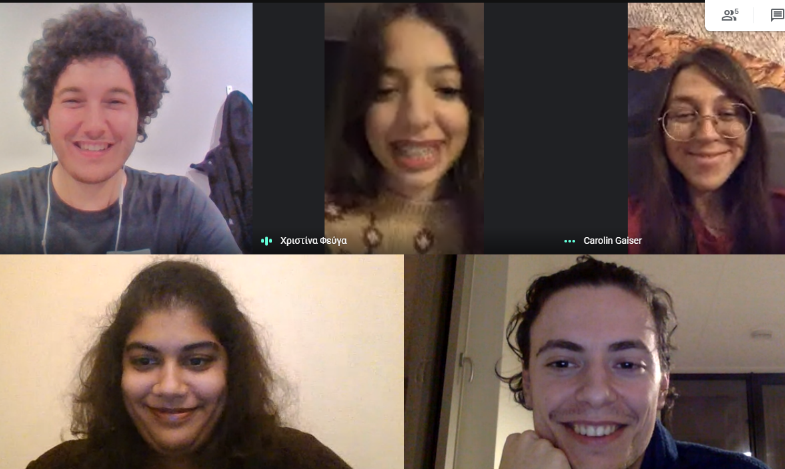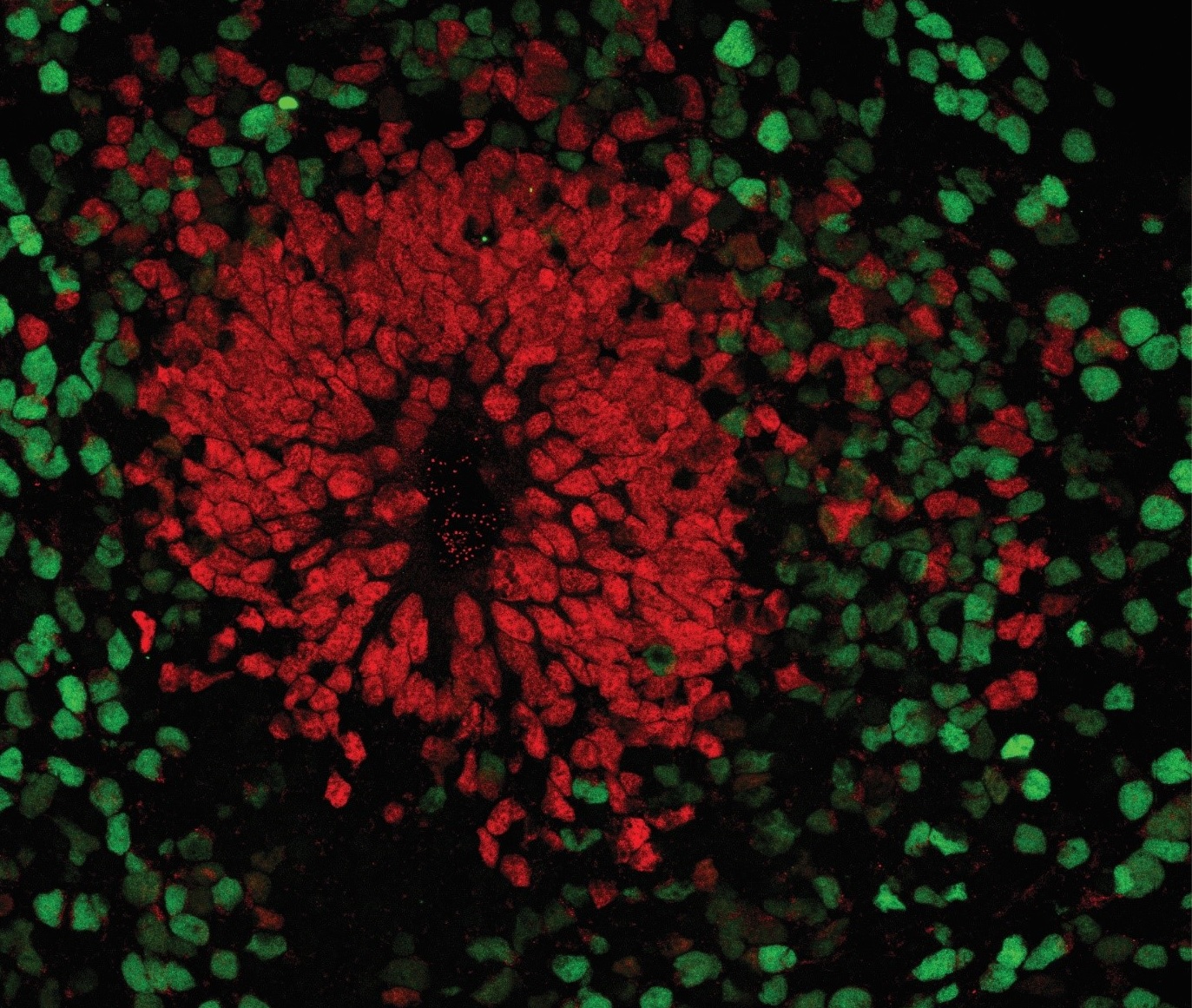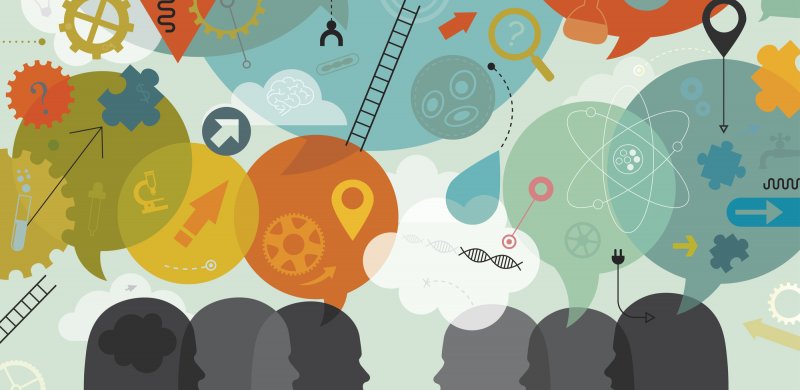Loneliness: the importance of social bonds (Giuseppe Cammarata)
I am writing this blog episode while thinking about the recent lockdown early this year. It was a tough time for everyone, a period in which people were, and still are, requested to keep a distance from one another, and to search for complete isolation in case of exposure to the virus responsible for coronavirus disease 19 (COVID-19).
This blogpost will be dedicated to one of the issues of serious concern of our modern society: loneliness. At the same time, I, Giuseppe Cammarata, will describe how this pandemic has worsened the loneliness problem, and how it can be faced.
As social animals, we humans crave for social connection. We naturally lean toward social behaviour to build relationships and belong to a group. Loneliness, on the other hand, is described as perceived social isolation and it is an unpleasant feeling which suggests unmet social needs and remains an ageless and universal experience.
Furthermore, loneliness has become one of the major issues resulting from the modern way of living. An increasing number of people do not live in extended families or even near each other. Likewise, people of all ages are living alone and often settle on the other side of the country or even across the world, far away from their relatives. Therefore, it seems that people are becoming more and more isolated [2, 4].
For instance, in modern countries like the UK, USA or Australia, a big slice of the population of different ages has reported to feel lonely in the last few years, so much that loneliness was declared to be a public health issue. Further studies performed on the same topic, put in evidence how dangerous loneliness can be. Especially when premature mortality, unhealthy behaviour and depression can manifest with a higher probability in lonely or socially isolated people. [2,3,4,5]. Unfortunately, with the recent outbreak of the COVID-19 pandemic, the issue of social isolation and loneliness has worsened due to the distancing policies introduced to restrain further spreading of the virus. An increase in anxiety and worsening of mental health conditions have shown up in both adolescents and adults. On the other hand, it is worth noticing how social connection and new relationships can positively affect health and our general well-being [6]. Indeed, the maintenance of social connections seems to be crucial to lighten the weight of social confinement. As shown by a study run in Australia, the reaction of the citizens to social distancing measures, focused on keeping people in contact and open to offer help [6]. As an example, people were offering to buy groceries or to bring essential medicines to those who were in strict confinement. Others were making phone calls only to have a friendly chat [1,6]. Similarly to what I have witnessed in Italy, people also started to play music both from their balconies and in public spaces. I believe that all these actions that positively affected the community should be examined in depth to eventually find a possible solution to tackle loneliness or social isolation experiences.

On a more personal note, I have experienced loneliness several times. From the moment I started my academic career, I have been travelling and living abroad rather regularly. I believe that the cause of my sporadic sense of loneliness is linked mainly to the distance between me and the people I love. While being alone during these adventures made it easier for me to feel lost and in need of belonging, I always managed to build new bonds, so strong that they still last despite the distance (fig. 1).
When I pursued my PhD studies here in Coimbra, it was no exception to the rule. In the beginning, I departed from my family and friends to face a whole new experience abroad and by myself. Even though all the chores and bureaucracies kept my mind busy for a while, I started to feel lonely again. I believe that this feeling is not new for most of my friends either, because most of them have been studying abroad and had to leave their home for an extended time. In addition to that, living in a country with a different language and culture, can be both thrilling and scary.
However, I was pretty lucky since I had the support of people who cares about me and I believe that this is a precious thing. Additionally, I had the possibility to make new friends here in Coimbra, with which I am happy to share my passions and thoughts. Especially in the first month of my PhD, when I met all the colleagues involved in the Syn2Psy project who share my enthusiasm in studying Neuroscience and Neurodevelopmental disorders (fig.2).

Six months after the start of my PhD project, the prime minister of Portugal issued a complete lockdown. The outbreak of the pandemic and the restrictions that came with it, increased the distance between people. Living together with my friends helped me to reduce that distance and to face this tough situation. We spent our time smart working, playing table games and cooking. I believe that living together also helped me to understand that we can find something positive, even during a worldwide pandemic in progress.
That is the reason which leads me to think that the lockdown challenged our very nature of social animals. Furthermore, I realized that the best way to face social isolation is through constant support and social connection, even if it comes from more virtual means.
As a take-home message, I would like this blogpost to be an invitation for you, my reader, to reach out to someone, perhaps a relative or an old friend (online, of course). Regardless of you being lonely or not, or simply thinking that you might improve someone else’s day!
Write or have an online face to face interaction with them to share your thoughts, anecdotes of each other’s life or play videogames. Stay open to new connections with new people and do these things remembering that we are all on the same boat and in need for connection.
Thanks to you, my reader, and a special thank you goes to those who support others in moments of need.
By Giuseppe Cammarata
For the references, click here.




Be the first to reply